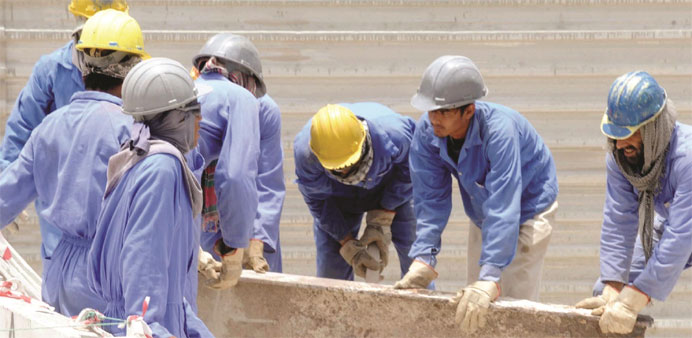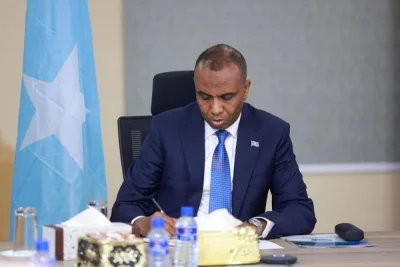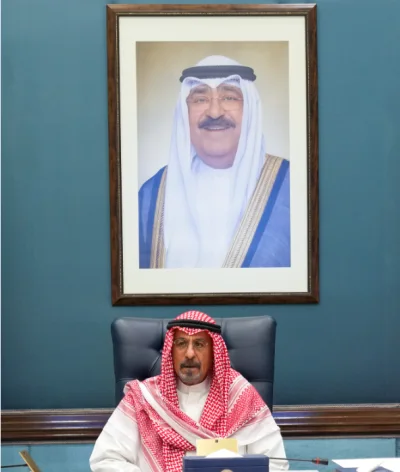Doha
The Cabinet yesterday gave its nod for a law regulating the entry, exit and residency of expatriates, popularly known as the new sponsorship law, after reviewing the recommendations of the Advisory Council on a draft law in this regard.
“The Cabinet took the necessary measures” to issue the new law, the official Qatar News Agency (QNA) reported.
The bill includes provisions to regulate the procedures and conditions of expatriates’ entry, exit, residency, recruitment as well as changing of jobs from one employer to another.
It also refers to the responsibilities of the employer and the expatriate worker.
The Minister of Interior has been empowered to issue residency permits to investors under the jurisdiction of the new law. This step aims at regulating investment of non-Qatari capital in the economic activity in the country.
Owners and beneficiaries of properties and residential buildings, in line with the law, are entitled to residency permit without a sponsor, QNA said.
The Minister may also grant residency permits to other categories based on a Cabinet decision.
Earlier, a committee of the Advisory Council had completed a review of the draft sponsorship law after a meeting with HE the Minister of Labour and Social Affairs Dr Abdullah bin Saleh al-Khulaifi.
The Advisory Council had expressed serious apprehensions about several articles in the draft law and returned it for further study after a majority of the members voted against it. The draft law had its emphasis on the terms of the contract between the employer and the employee. Details of the new law could not be learned at the time of going to press.
After the regular Cabinet meeting chaired by HE the Prime Minister Sheikh Abdullah bin Nasser bin Khalifa al-Thani at the Emiri Diwan, HE the Deputy Prime Minister and Minister of State for Cabinet Affairs Ahmed bin Abdullah al-Mahmoud said it was also decided to issue a draft law on reconciliation in crimes stipulated in some municipality laws after reviewing the Advisory Council’s recommendations .
According to the bill, municipalities and departments at the Ministry of Municipality and Urban Planning are entitled to work out a reconciliation in crimes stipulated in municipality laws before a final verdict is issued as long as the crime is punishable by a fine as well as a jail term. No reconciliation is possible for crimes punishable only by a prison term.
Reconciliation can be agreed upon in return for paying a quarter of the maximum fine that can be imposed within seven days of issuing the penalty. After seven days, half of the maximum fine has to be paid in order to reconcile.
The reconciliation will not be ratified until the violator has fixed or removed the violation, paid the required fees and restored things to their original condition – as they were before the offence - at his/her own expense.
Core reforms to labour law
In May 2014, Qatar officially announced its intention to replace the long-established sponsorship system. A new system will presumably give expatriate workers more flexibility when it comes to changing jobs, as well as moving in and out of Qatar with fewer constraints. The new version includes additional core reforms to the labour law, all of which are aimed especially at protecting the rights of foreign workers.



